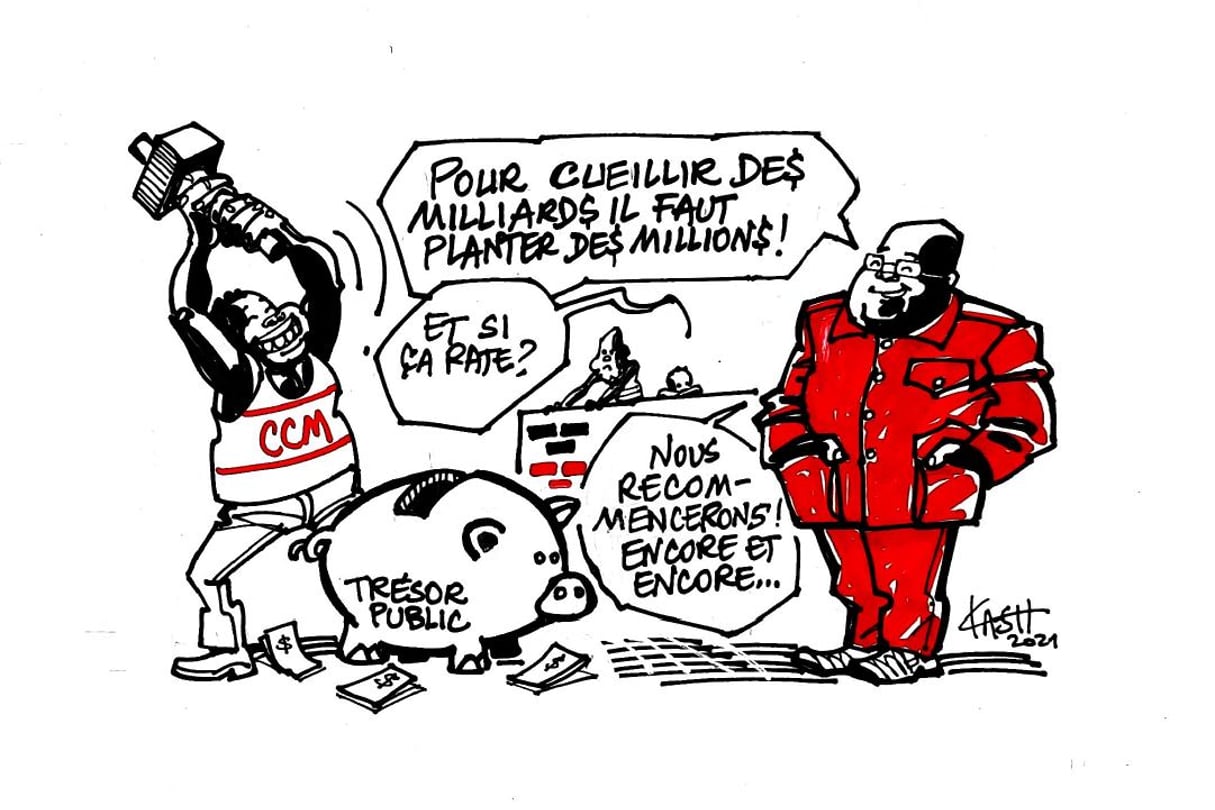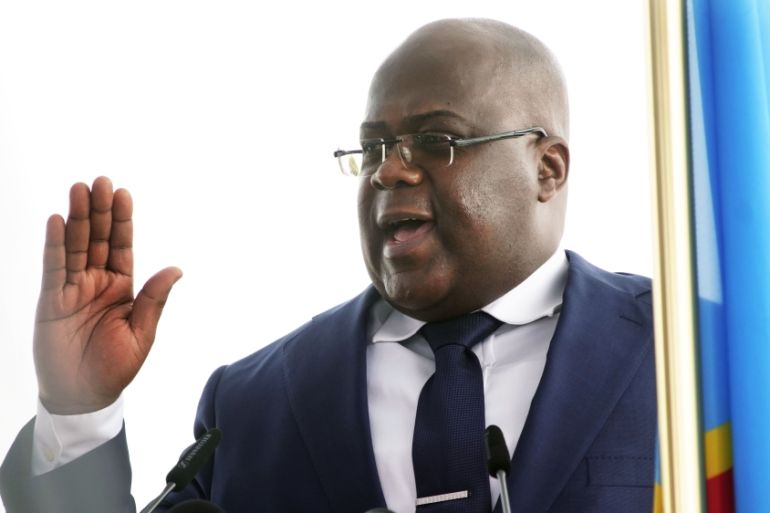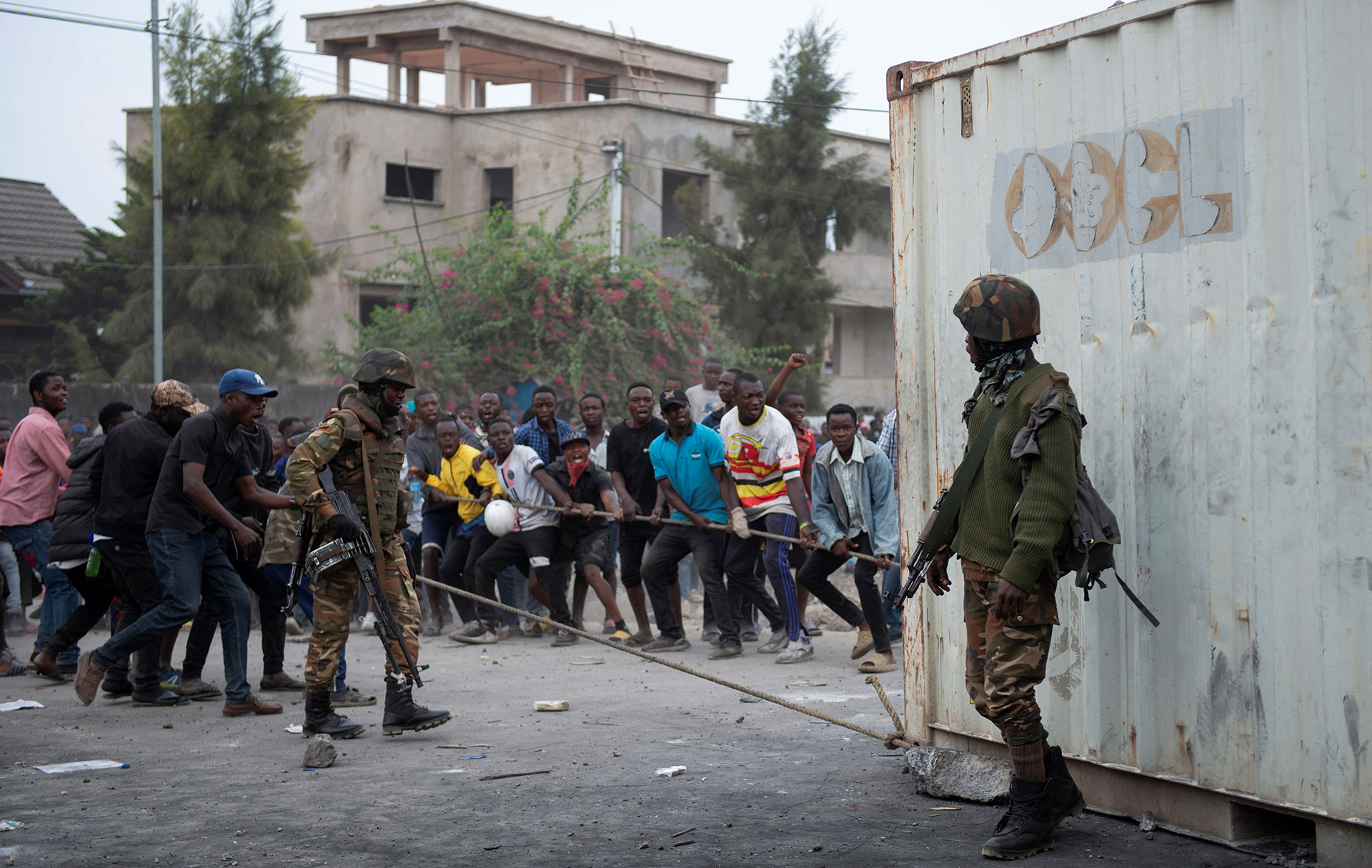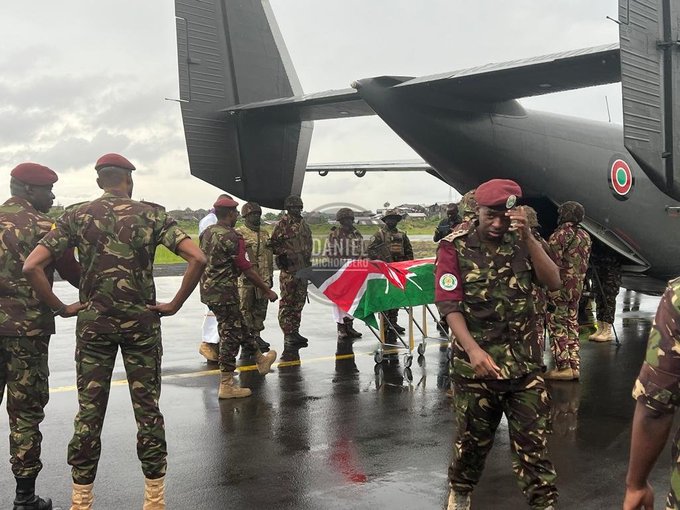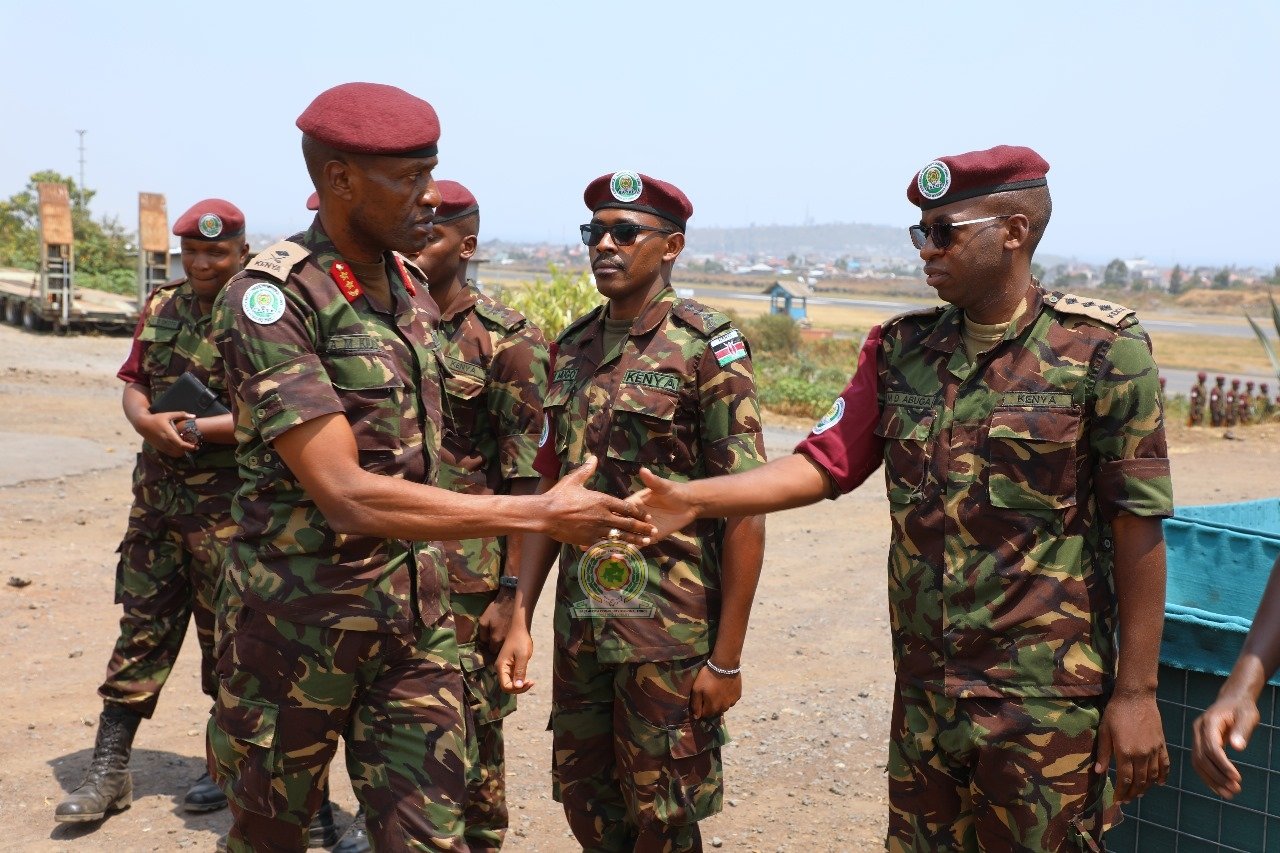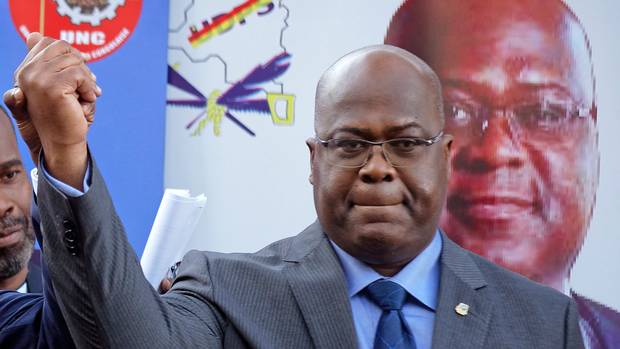Regional
DRC: Tshisekedi planning massive electoral fraud
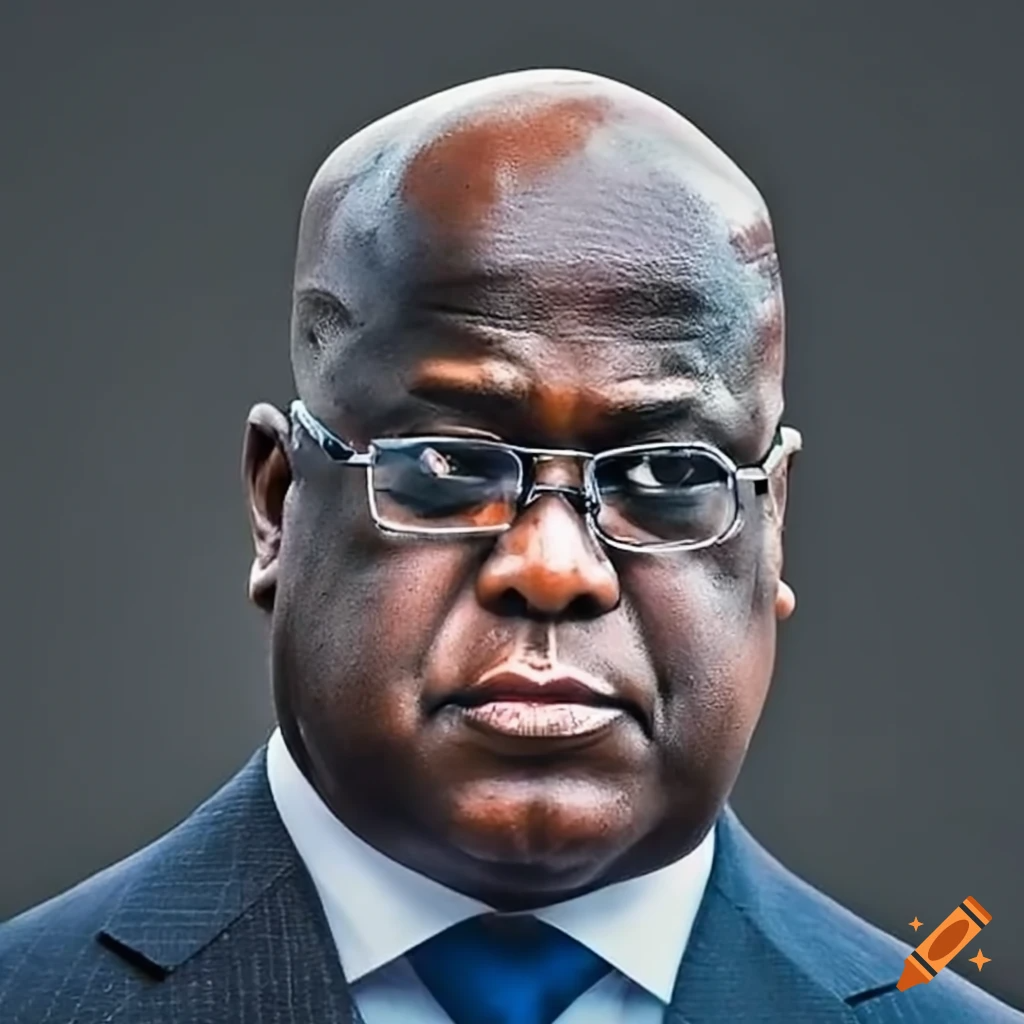
Former
Congolese Prime Minister Augustin Matata Ponyo, one of the opposition
candidates in the December 20 presidential election on November 19 announced
his withdrawal from the race in favour of Moïse Katumbi.
The
move aims at strengthening the "ideal common candidate" to give the
opposition the best chance against the incumbent, Félix Tshisekedi.
Matata
who was prime Minister from 2012 to 2016 accused Tshisekedi of preparing
"massive electoral fraud" and noted that "the urgency of a
single candidacy of the opposition is essential.”
The
opposition leader announced his intention through a recording posted on his
Facebook account, following the discussions held from November 13 to 17 in
Pretoria, South Africa between emissaries of five opposition candidates. The
other two candidates involved were Dr Denis Mukwege and MP Delly Sesanga.
Martin Fayulu did not join them.
In
total, 26 candidates were registered for the presidential election, a
single-round election coupled with legislative, provincial and municipal
elections.
"We
are doing this in order to maximize the votes, and above all, to thwart the
maneuver of power. The deep aspiration of the people must transcend our egos
and our personal ambitions,” Matata said.
With
three weeks to elections, observers believe that there will be either no
elections or they will be fraudulent so Tshisekedi can stay in office.
Opposition
leaders refused to recognize the neutrality of the Independent National
Electoral Commission (CENI) led by Denis Kadima and called for reforms in
electoral commission, to guarantee equal opportunities for various stakeholders
in the electoral process.
Kadima’s
appointment as head of CENI, in October 2021, angered many. Opposition
protestors poured on Kinshasa streets asking for a neutral election commission,
but in vain.
Kadima
is very close to Tshisekedi and a fellow Kasaian.
Regardless
of all calls for change in CENI leadership, Tshisekedi turned a deaf ear. He
instead appointed, unconstitutionally, judges responsible for solving possible
elections-related disputes.
Tshisekedi used CENI to create more voting
centers in his home province of Kasai, preparing to enroll thousands of ghost
voters, while some other provinces have no voting centers. The presidential
campaign kicked off on November 19, but the logistics are yet to be delivered
to the already designed voting centers.
The
CENI deliberately created problems of lack of power, sources of machines,
delays in registration, delivery of kits, solar panels, cables, in order to
organize electoral chaos to prepare for fraud.
Figures
show that only 39 per cent of DRC population were registered for voting.
Six candidates asked court to intervene
On
November 23, six opposition leaders contesting for president in the December 20
election asked the country's Constitutional Court to oblige CENI to publish the
final voter roll, warning of potential irregularities and electoral fraud.
In a
joint statement, the six candidates said that publishing the voter roll as
stipulated by the law would allow enough time to fix any issues and enable
voters to know where they will vote.
This
complaint is likely to be ignored. Tshisekedi has already appointed the judges
responsible for it in his favor.
The
candidates including Fayulu and Mukwege alleged intentional irregularities by
the commission that questions the reliability of the electoral roll.
Fayulu
who came second in the disputed 2018 presidential election which he claimed to
have won, told media that the current electoral roll was unreliable.
"We
do not know how many voters the final electoral roll contains," Fayulu
said, adding that the lack of transparency over the registration process is
meant to favour Tshisekedi.
The
head of CENI previously rejected the accusations. Kadima told reporters, in
October, that the commission will ensure that the election is “free and fair”. The
electoral commission has come under increased scrutiny from opposition parties,
the influential Catholic Church and foreign partners like the US. They have all
raised concerns over its handling of the voter registration process, and the
publication of the roll.
The
writing is on the wall.
Tshisekedi has, all along, been plotting and creating the right setting for electoral fraud. If he cannot steal votes to win, at least he can postpone the elections.



